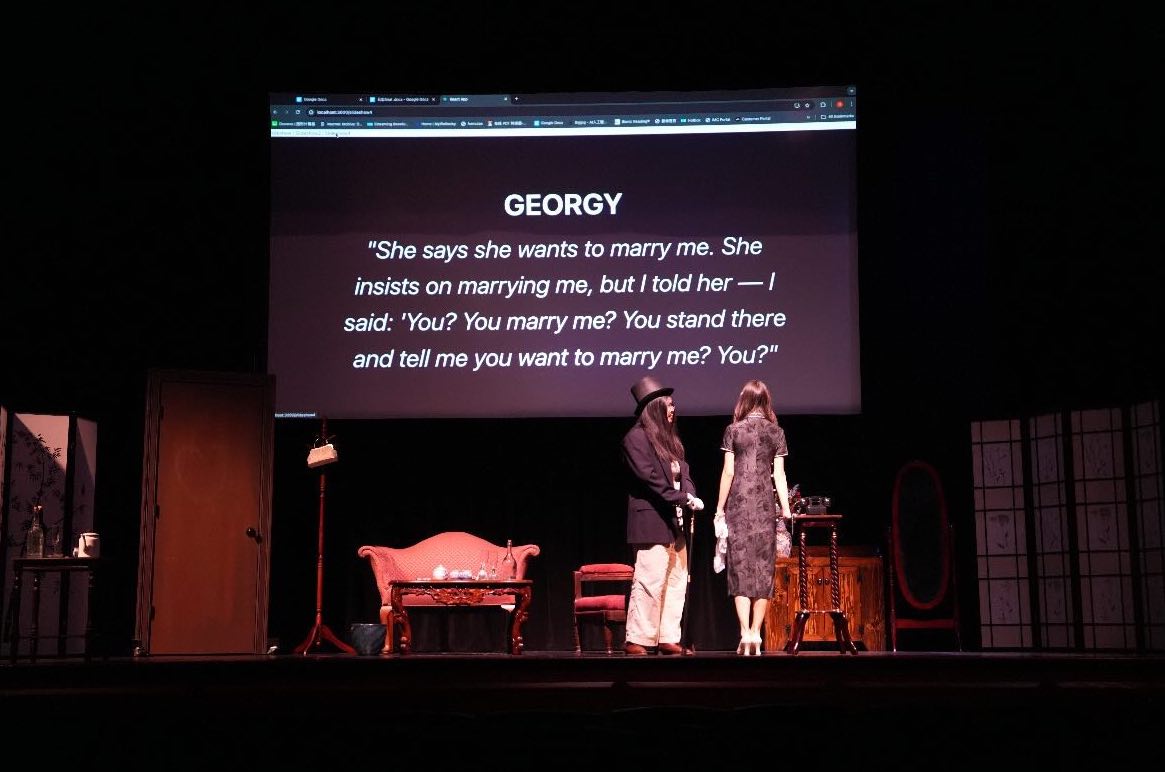by Galen Chuang ’17
Assistant Arts Editor
Opera is an old art form grounded in tradition, and newly written operas are rarely performed by New York City’s Metropolitan Opera. At 32, Nico Muhly is one of the youngest composers to have an opera commissioned by the Met. Even more radical is that his relentlessly hyped “Two Boys,” based on true events that took place in England in 2001, is set mostly in the realm of the Internet. The current run of the opera goes until November 14.
“Two Boys,” with libretto written by Craig Lucas, could be a CSI episode: a 16-year-old boy, Brian, is convinced by several online strangers to murder a 13-year-old one-time friend-with-benefits, Jake. A detective, Anne, attempts to discover the cause of Jake’s death by examining chat room transcripts, and eventually discovers that Jake invented the various characters and was arranging his own death all along. “Two Boys” features the classic tropes present in all opera—deceit, disguise, murder and even romance—but the setting is modern. Much of the opera’s language uses “chatspeak,” the costumes are modern day street clothes and the characters and chorus use laptops as props.
The cast is spectacular in both its singing and expressive acting. Particularly notable are the poignant portrayal of Anne by mezzo-soprano Alice Coote; the impressive 11-year-old boy soprano, Andrew Pulver, as Jake; and Paul Appleby’s provocative performance as Brian.
The production of “Two Boys” is impressive because although much of the plot movement relies on the reading of chat text, the story is still riveting. The staging and sets play a critical role in the opera, with chat screens, chat text and graphical representations of the web projected onto the backdrop. The design and production company 59 Productions created the animation and graphics. The murder scene is ingeniously staged: a video of security footage is projected onto shifting panels in the background as the two boys wander on the stage.
Muhly’s touching score is a defining factor in the artistic success of this opera; influenced by minimalist composers like Philip Glass and Steve Reich, his writing continues to be accessible and straightforward. Muhly grew up with exposure to Anglican church music, so his masterfully-written music for the chorus, generally used to represent the complexity and depth of cyberspace, is layered and chaotically effective. Obsessive musical motifs, paired with repeated vocals—“u there u there”—reflect the high stimulus of the fleeting world of chat rooms and Internet communication.
Most operas are sung in Italian, German, or French, and the use of 21st century English feels out of place. When the characters read the chat abbreviations, the words are projected on the set and displayed on the Met’s seatback subtitles as they would be typed, while the characters sing the longhand pronunciations of these terms; the typed “omg” becomes “oh my god.” This is an appropriate way of dealing with this discrepancy, since hearing characters saying the letters “oh em jee” would have been forced and distracting. That’s not to say there are not some overdone elements in “Two Boys”—the most prominent diversion is the overly dramatic choreography in some already busy scenes.
The biggest takeaway message from this opera is surprising, especially since the use of the Internet has grown exponentially since 2001. At one point Anne, the detective, laments the loss of tenderness and beauty in youth due to obsession with technology; she sings that the Internet is just “ghosts in machines.” Yet, ironically, it is the human connection between Jake and Brian that makes the ending so touching. When Anne discovers that Jake plotted his own murder, she realizes that in addition to being tricked by Jake’s fictional characters, Brian had, in a twisted way, decided to kill Jake out of kindness: Brian knew that Jake had an untreatable brain tumor and did not want Jake’s suffering to be sustained. In the end, the Internet was not a means of cynical manipulation as Anne believed, but rather a device for establishing a personal connection and a vehicle for relief. Perhaps, “Two Boys” seems to be saying, technology can be more human than we think.







Lauren R. | Nov 8, 2013 at 8:50 pm
I wish you had mentioned that Nico Muhly is actually the son of a professor here at Wellesley: Bunny Harvey, in studio art. It’s an interesting tidbit that really connects the story back to Wellesley! One of Nico’s influences is right here on campus.